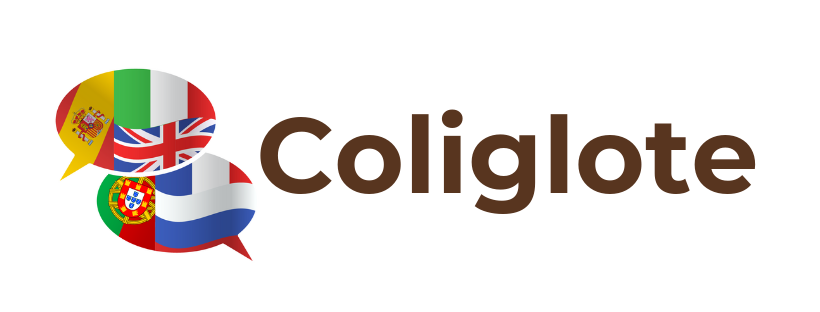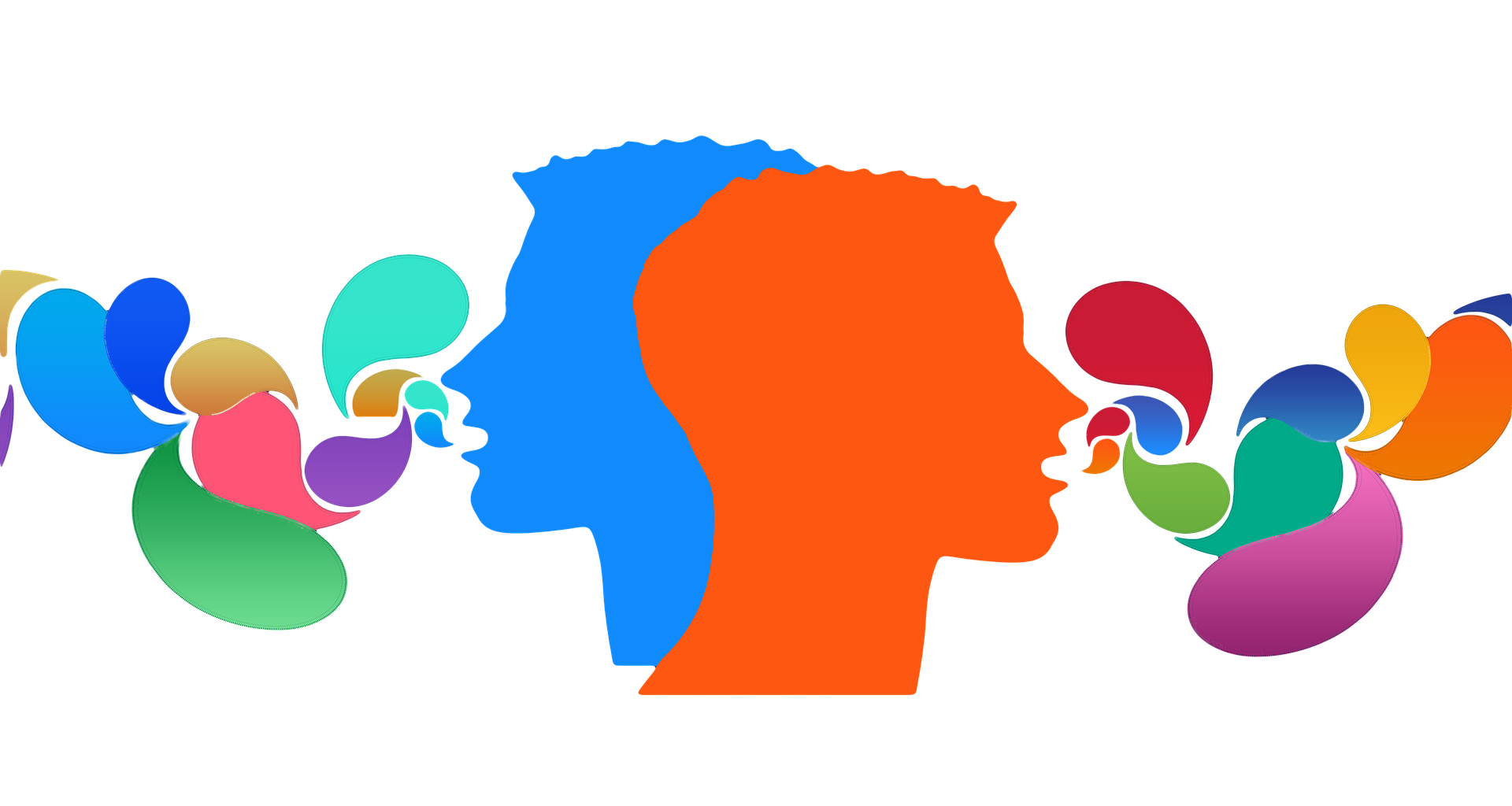Does that mean speaking two languages to you?
Reading and writing two languages?
Perfectly?
Do you think you are bilingual?
Here are two short videos that answer these questions (You can read the transcript below):
Definition of bilingualism
“Being bilingual, the simplest definition is to speak two languages.
But very soon other people will tell you it’s also writing two languages. Or most people will tell you “it’s speaking two languages perfectly”.
So the first thing to say is that the idea of perfection in bilingualism is a myth. Nobody speaks two languages perfectly, just as nobody speaks a language perfectly.
So, being bilingual is in fact living with two languages, being able to communicate in both languages, understanding both languages and sometimes, when you are old enough, having gone to school, writing and reading in both languages.
So in fact it is living in two languages and we could also say “thanks to these two languages, getting to know two cultures”. But you can also be bilingual, growing up in one country and not necessarily know the culture of the other country well.
So you can be bilingual without being bicultural or you can be bilingual and bicultural.
And what’s so special about being bilingual, since a person lives with two languages, well, it’s to switch from one language to the other depending on the communication requirements. »

Thanks to Christine Hélot, Professeur des Universités à Strasbourg, ESPE Alsace
Bilingualism or plurilingualism?

What does it mean to be bilingual?
“It is indeed working two languages, but not necessarily in a balanced way. We have what we call partial skills, in one or the other language. So some bilinguals are, I would say, perfectly bilingual, that is, they have almost equivalent mastery of both languages. But this is not necessarily the case, and it is possible to be bilingual without really having a so-called “perfect” bilingualism, which in the end is quite ideal and is not, in reality, very common.”
And what is multilingualism?
“We are talking about bilingual practices, but we can also talk about plurilingual practices, because the children and their families may well speak more than two languages because there is already plurilingualism or bilingualism in the family. At school we will speak French, but we will also learn English, Spanish and other languages, and with family and friends we will speak other languages.

Thanks to Cécile Goï, Enseignante chercheuse à l’université de Tours.

